Supplied
Navneet Kaur, a seasoned Senior Manager in Regulatory Affairs, embarked on her journey driven by a deep passion for science and a commitment to improving patient health. Her academic foundation includes a Bachelor’s and Master’s in Chemistry (Honors) from Guru Nanak Dev University, an M.S. in Regulatory Affairs for Drugs, Biologics, and Medical Devices from Northeastern University, and over a decade of rigorous training in compliance and regulatory practices. She has built a career that seamlessly blends technical expertise with strategic decision-making. Kaur’s extensive experience spans multiple markets, including the United States, Europe, Canada, Australia, and Brazil, making her an asset in navigating the global regulatory environment.
“Every product represents hope for countless patients, and it’s my job to navigate the intricate regulatory pathways, specifically in chemistry manufacturing and controls to make that hope a reality,” Navneet shares.
Understanding the Risks
Spending the early years of her professional life in quality and compliance, Kaur gained a profound understanding of the high stakes involved when quality, safety, and efficacy do not meet the required standards. With an average of over 1,284 drugs recalled annually, the pharmaceutical industry demands vigilance. Quality control issues, ranging from incorrect labeling to contamination, can result in costly recalls, regulatory fines, and reputational damage.
Thankfully, there are many ways to prevent these setbacks, particularly through audits and regulatory inspections. A quality management system helps identify potential issues before they escalate, ensuring compliance with regulations and maintaining the safety and efficacy of pharmaceutical products. Regular audits also help catch discrepancies early, reducing the risk of significant financial and operational impacts.
The Power of Prevention
Preventing setbacks is paramount, and Kaur recognizes the importance of…
Read the full article here







